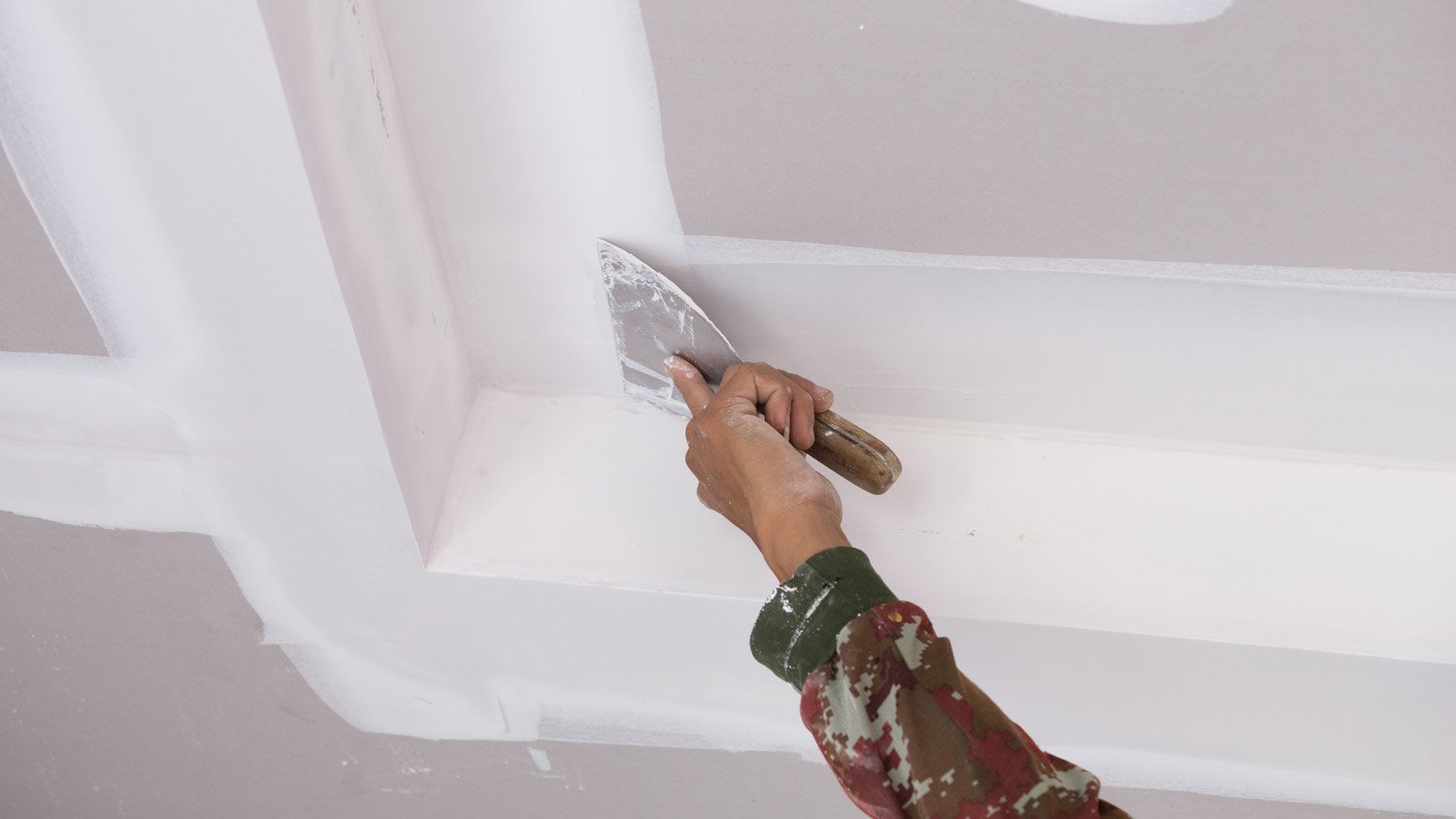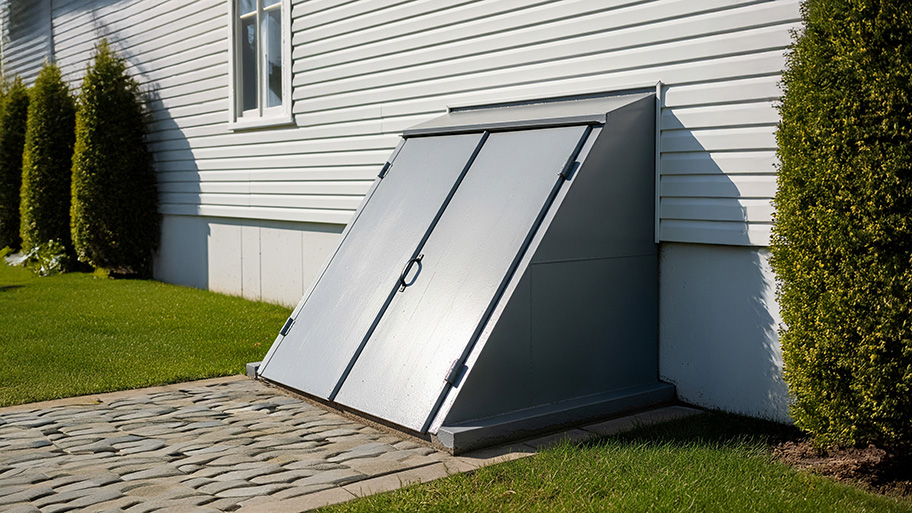
The cost of installing a wine cellar varies based on square footage, the type of wine cellar or wine cave, materials used, where it is located in the property, and where you live. Use this guide to find how much your wine cellar will cost.
Break your basement renovation project into bite-sized tasks


Regardless of your starting point, redoing your home’s basement is a surefire way to increase the livability and value of your house. Unfinished or outdated basements often equate to wasted space that could provide more room for living, storage, or entertainment.
The trick is learning how to tackle a sizable DIY basement remodel without becoming overwhelmed. Of course, you can always hire a local contractor to help get your basement remodel project over the finish line. Let’s take a look at ways to renovate a basement for best results.
Before diving into a large remodel project, it’s important to consider your purpose for dedicating your time, effort, and money to it. Suppose your home’s basement is unfinished, under-finished, or is no longer useful in its current configuration. In that case, it’s usually worthwhile to transform your basement into a more useful space. A basement is one of the easiest and least expensive areas to remodel, with the potential for significant returns on resale value.
Simply brightening up a basement with lights and a window or two will transform the space from what feels like a cellar to an enjoyable place. However, you can achieve the greatest results through thoughtful planning and executing a complete makeover. Even better, you can DIY the whole project or hire pros to tackle the most complicated parts.
The cost to remodel a basement ranges from $12,173 to $33,296. The average cost of a full basement remodel is $21,670. However, the total cost of your basement remodel depends on several factors, including the square footage and extent of the renovations.
Preparing to remodel your basement depends on your starting point, meaning your basement’s current condition. If you have a finished basement that needs upgrading, plan on peeling back some layers to see what you’re working with before making a plan.
If your basement is unfinished, an excellent place to start is to assess and address any foundation problems that will be easier to deal with now than after new walls are in place. Basements tend to experience water issues, so even if water damage hasn’t been an issue in the past, consider waterproofing your basement before finishing it.
You can break down basement remodeling into three distinct parts: making a plan, assembling a team, and getting to work. Let’s take a look at the steps involved in each part of the process.

First, develop a firm grasp on the purpose and function of your future finished basement. Will it be for sleeping, playing, entertaining, or relaxing with a bowl of popcorn and a movie? Not only is detailed planning a good idea, but plans, drawings, and specifications will also be necessary for obtaining permits and hiring contractors.
Record detailed measurements of the entire space.
Decide on a plan scope with a list of rooms and elements to include.
Inspect your basement for any foundation wall damage or water-leak spots. If you find any, plan to fix them before starting the basement remodel.
Create drawings and spec sheets for your remodel or hire a remodel designer to draw them for you.
Even if you plan on redoing the basement yourself, there are several professionals that must be involved in the project. That may only include a permit department representative, home inspector, and your local home center salesperson, or it may consist of a large group of contractors.
Decide how much of the work you can perform on your own and what parts of the projects you’ll need professional help.
Hire the right remodeling contractor by obtaining several bids from various contractors. Request at least three estimates from different companies if you’re hiring a contractor to perform the entire project. If you’re doing your own contracting, get bids from plumbers, electricians, HVAC pros, and anyone else you may need.
Hire and make deposits with your chosen contractors.
With the help of the contractors, develop a plan and a timeline for the project. Remember to add in extra days to handle unforeseen challenges.
Secure the necessary permits before starting any work.

For a full basement remodel, expect to live above a dusty construction zone for at least several weeks.
Start by clearing everything out of the basement. Take advantage of this opportunity to declutter your home.
Demolish and remove every structure that isn’t staying as part of the remodel. Be careful not to remove load-bearing walls or posts without consulting a professional contractor first.
Perform basement waterproofing steps.
Frame the new walls.
Install the rough-in stages of the mechanicals. Perform the necessary HVAC, plumbing, and electrical services, in that order.
Install the insulation and vapor barriers.
Ensure that all applicable rough-in and insulation inspections are installed correctly.
Finish the walls and ceilings with drywall and paint.
Install the final mechanical equipment and fixtures.
Lay the flooring and install the finish trim work.
Pass the final basement inspection.
Decorate your new space and enjoy.
No matter how much of the work you’re planning on doing, here are some tips to help the process go as smoothly as possible.
Research requirements: Develop a basic understanding of applicable building code requirements, especially regarding stair clearances, ceiling heights, and egress requirements.
Shop around for pros: Request at least three bids from contractors for each part of the project you’re not performing yourself.
Budget time wisely: Be flexible with the schedule and add several extra days into your project timeline.
Expect the unexpected: Basement remodels are notorious for running into unforeseen circumstances despite the best planning. It doesn’t mean everything is horrible. It just means you’re remodeling a basement.
Set a realistic budget: Once things go behind a basement wall, they’re expensive to fish out and repair if something goes wrong. Spend a few extra dollars on high-quality materials to save repair cash later.
Use up the space: Take advantage of as much floor space as possible while leaving plenty of room to service the home’s mechanical equipment easily.
DIY basement remodeling is a major project that demands significant time and funding commitments. Sometimes, how much you’re willing to spend may determine how much extra work you’ll perform on your own.
Completing a basement remodel as a DIY project is tremendously satisfying, even if you hire out much of the work. However, the job consists of several difficult tasks that are best left to the pros. If remodeling your own basement isn’t your favorite way to spend a month of your life, a nearby basement remodeling company is always ready to help.
From average costs to expert advice, get all the answers you need to get your job done.

The cost of installing a wine cellar varies based on square footage, the type of wine cellar or wine cave, materials used, where it is located in the property, and where you live. Use this guide to find how much your wine cellar will cost.

When storm season is approaching, ensure you’re ready to go in case of an emergency. Explore our guide to budgeting for bulkhead replacement costs.

An unfinished basement has a lot of potential for a family room or guest suite. So how much does it cost to finish a basement? Read on for all cost factors.

A finished basement adds valuable living space to your home. Learn how much value a finished basement adds to your home and what affects your return on investment.

Converting your basement lets you gain valuable living space. Learn how to turn a basement into a living space with these nine tips.

Finishing your basement can be a time-intensive project. Our guide explores the best time to finish a basement and what time of year is best for this project.